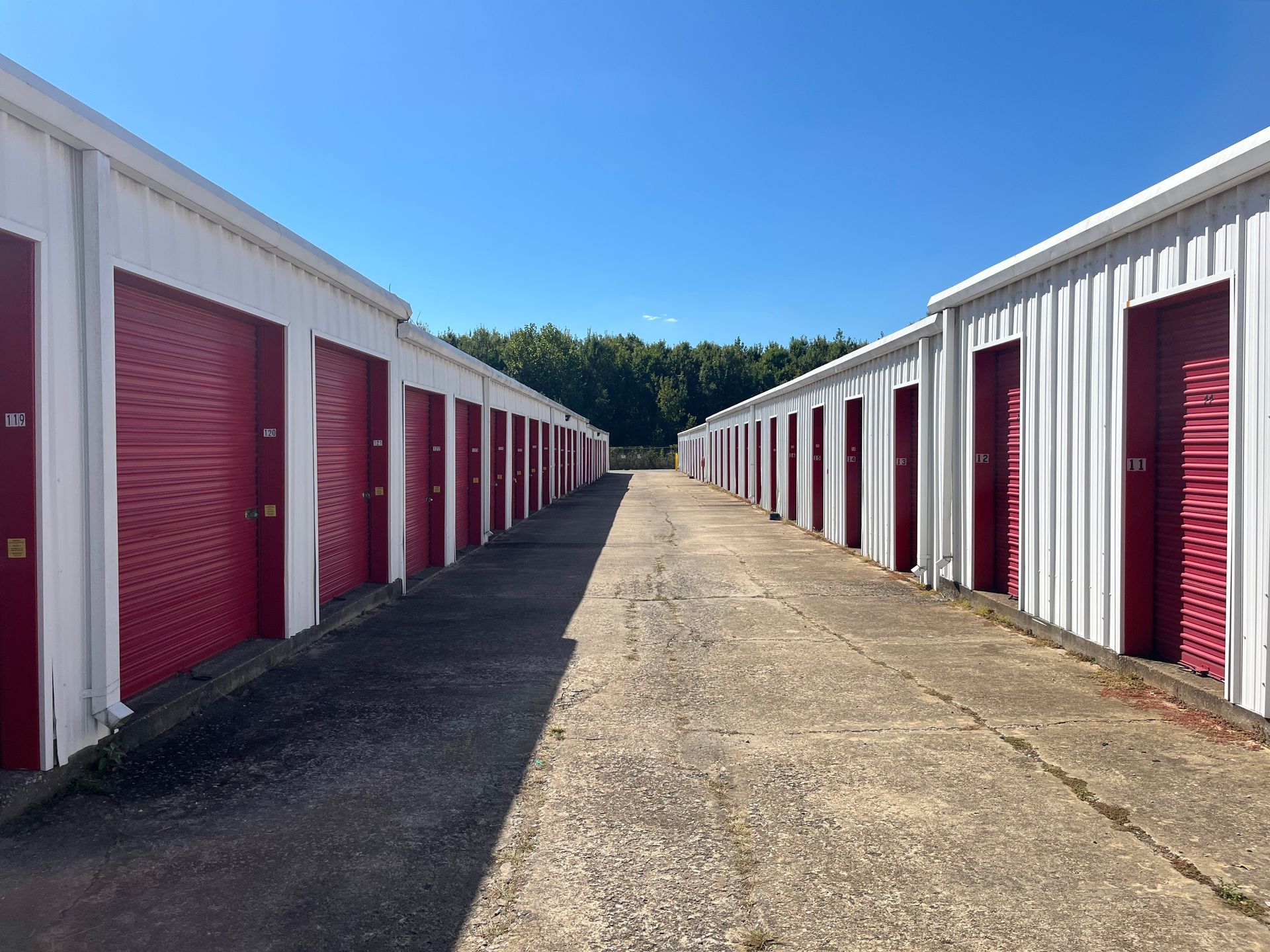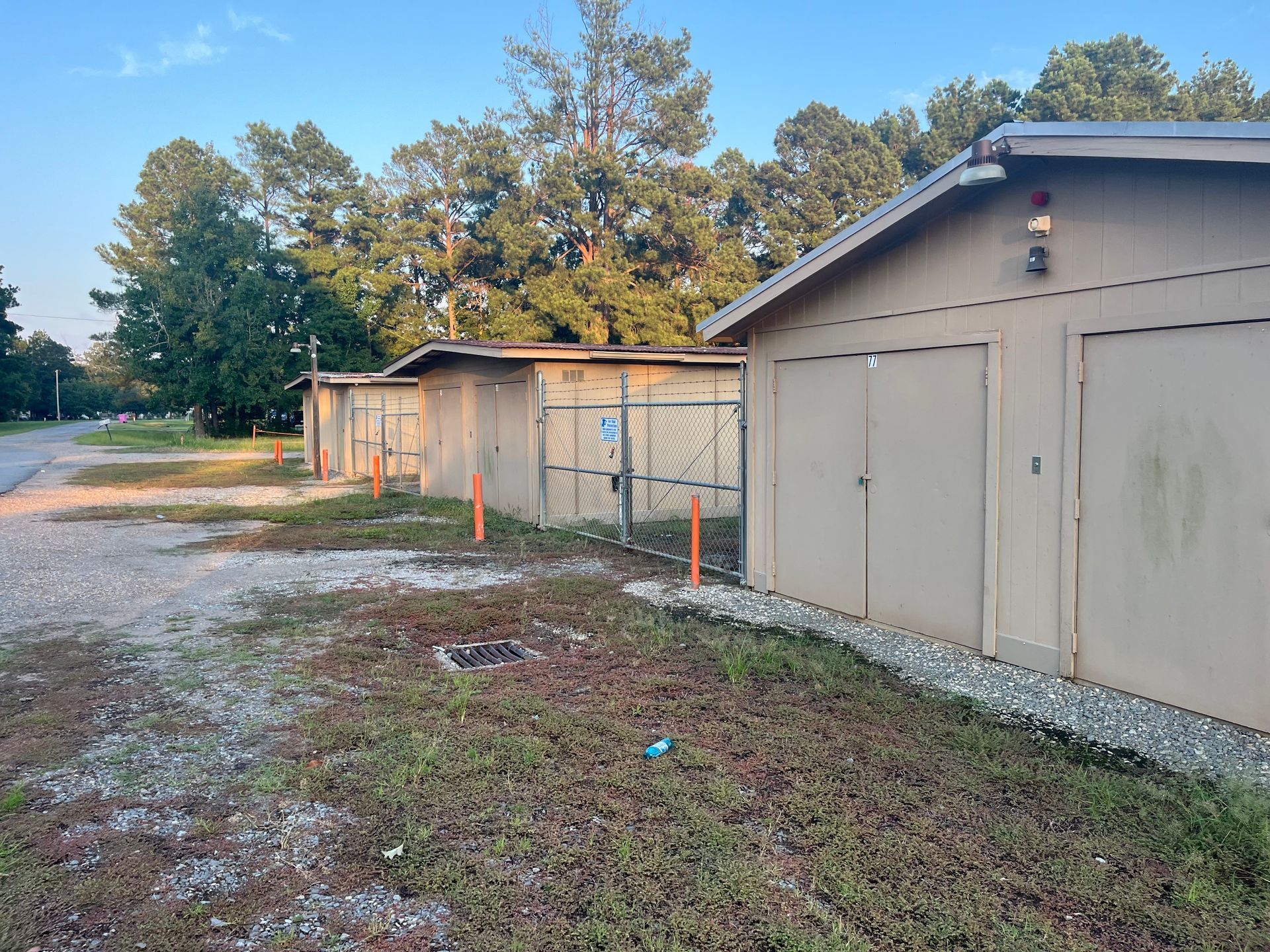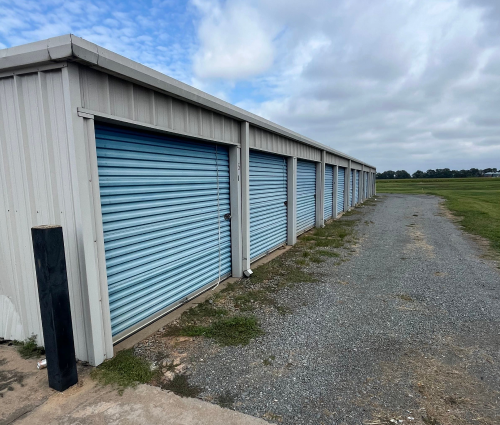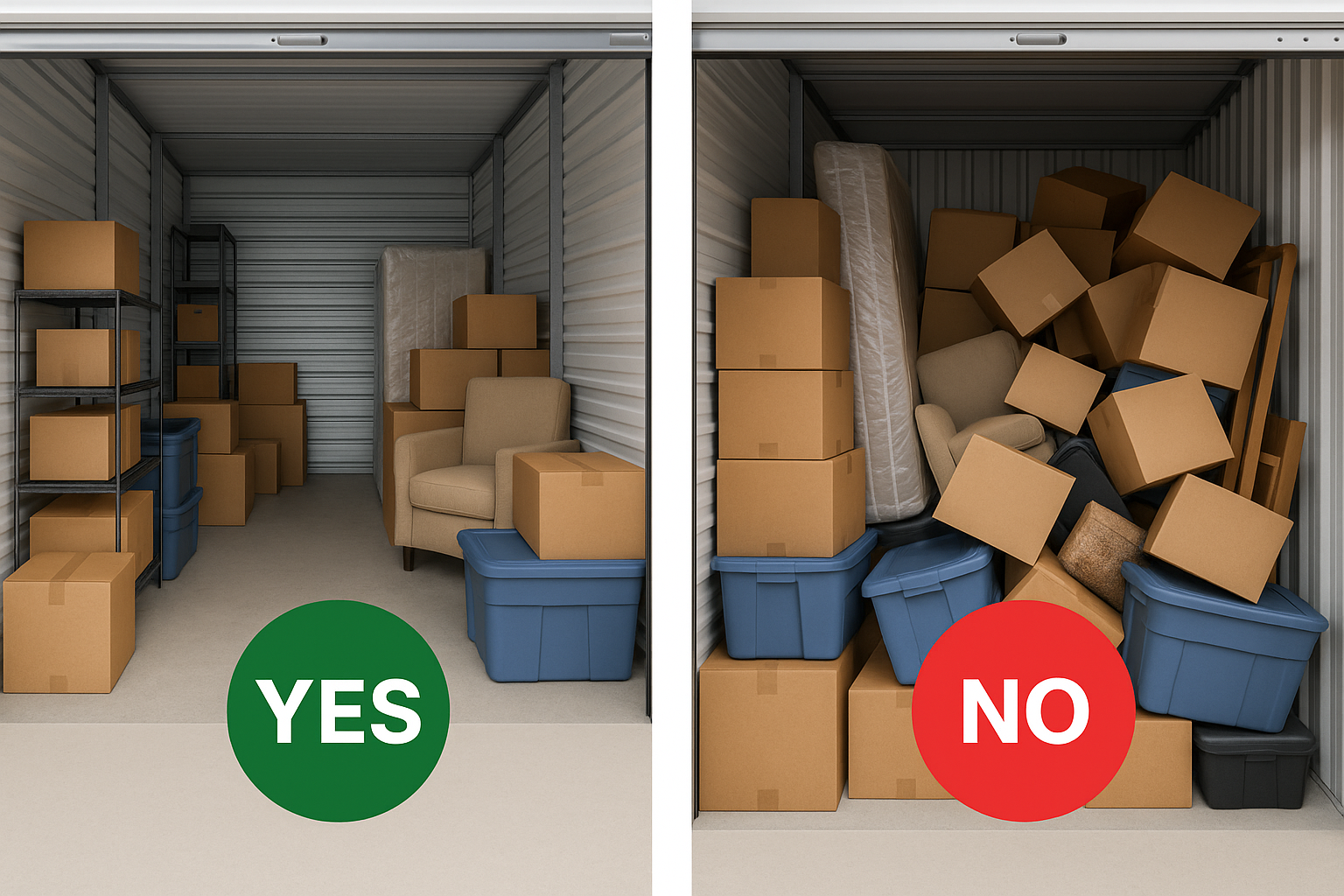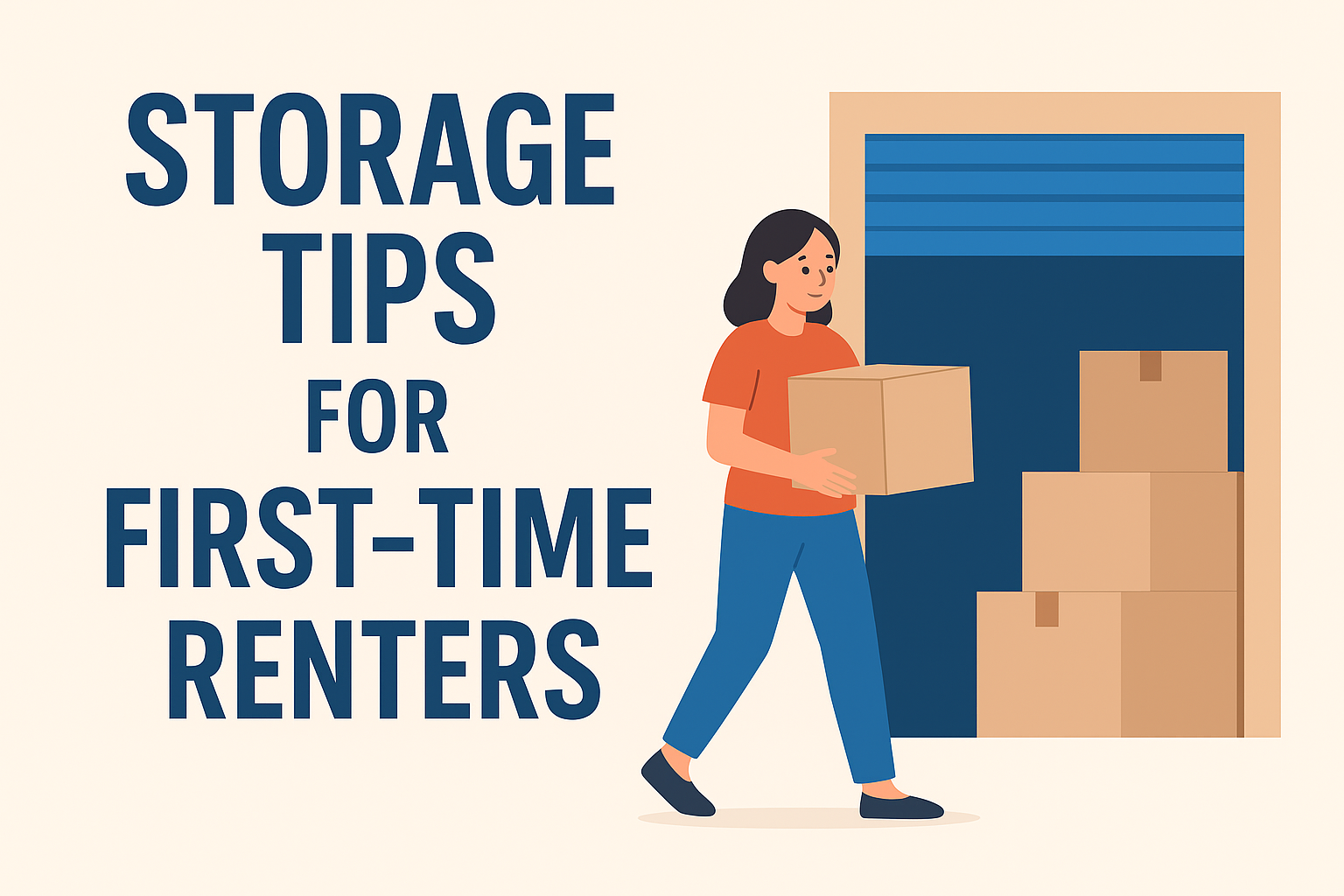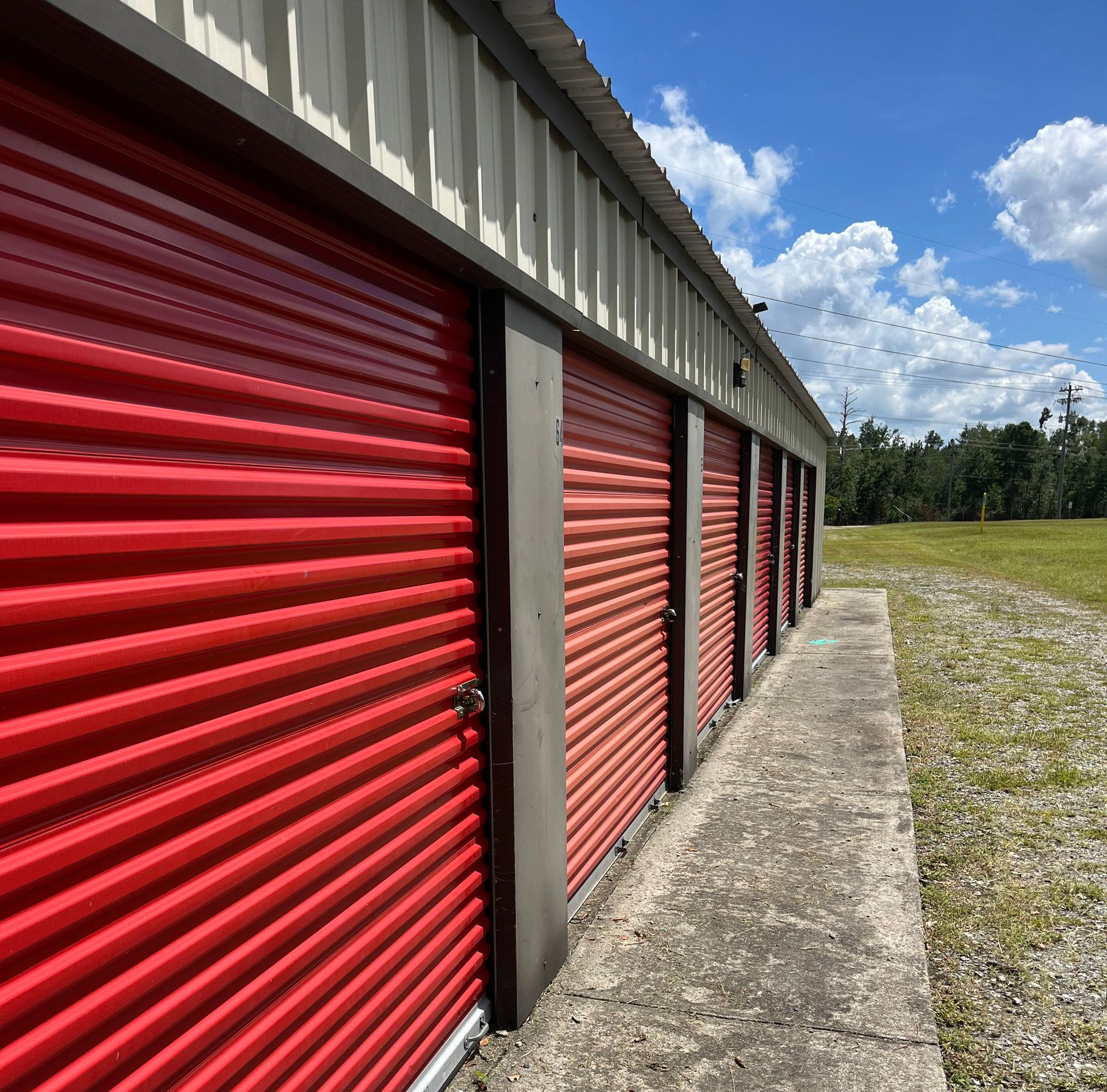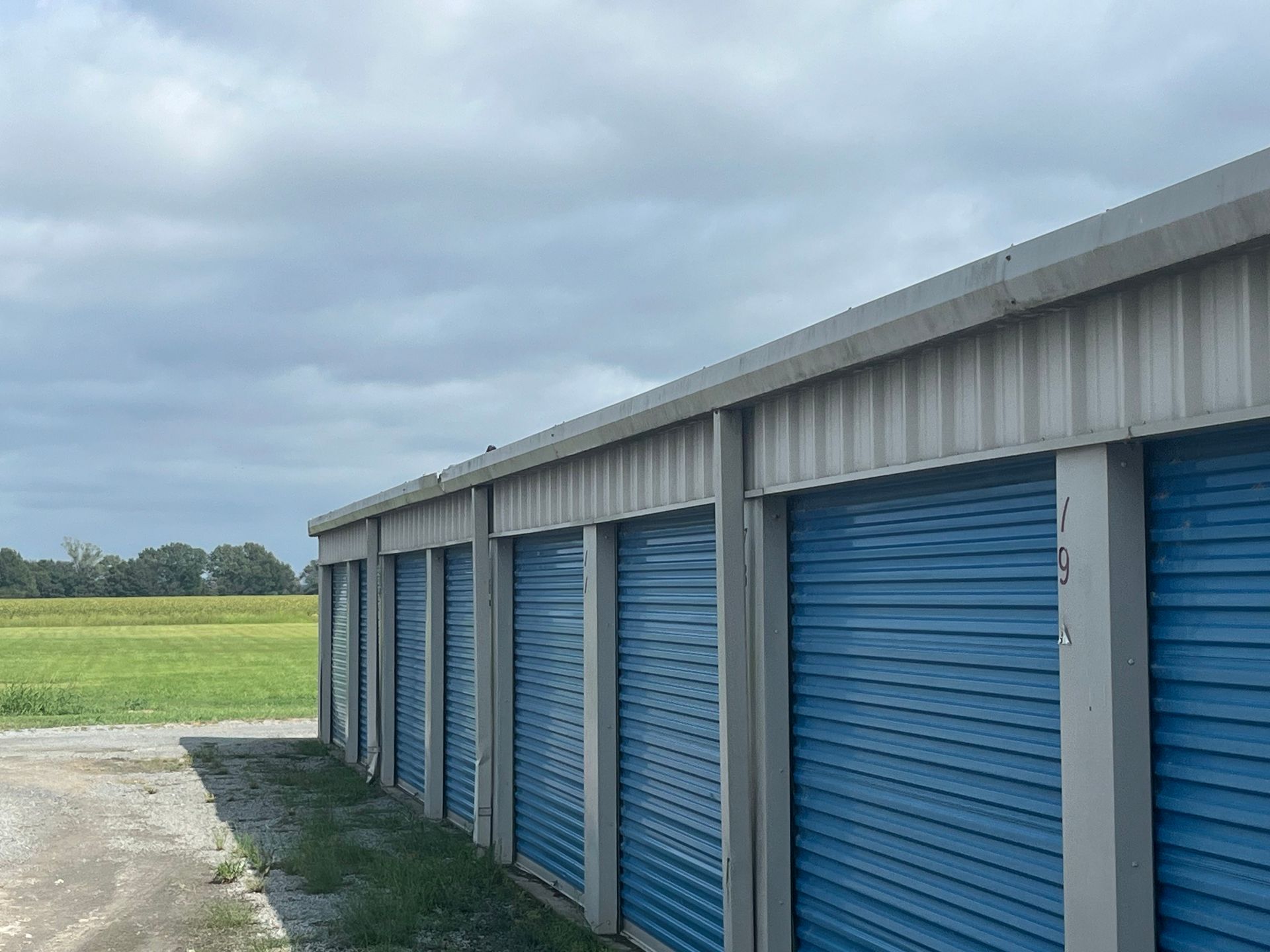Vehicle & RV Storage: What to Know Before You Park
A Complete Guide to Storing Your Car, Truck, or RV Safely and Smartly

Whether you're storing a vintage convertible, a family SUV, or your Class A motorhome, proper vehicle and RV storage is more than just finding an empty space and parking it. Exposure to weather, theft, and mechanical degradation can turn short-term storage into long-term headaches unless you're prepared.
In this comprehensive guide, we’ll walk you through the most important vehicle and RV storage tips to help protect your investment, maintain its value, and give you peace of mind.
Why Proper Vehicle & RV Storage Matters
Cars, trucks, trailers, and RVs are built to move, not sit still for months at a time. Long-term parking without precautions can lead to:
- Tire rot or flat spots
- Battery drain or corrosion
- Paint damage and rust
- Rodent infestations
- Mechanical wear from inactivity
Whether you’re a seasonal traveler or temporarily downsizing, smart storage helps avoid costly repairs and preserves your vehicle’s integrity.
1. Choosing the Right Type of Vehicle or RV Storage
Before parking your vehicle, it’s important to understand the three main types of storage available.
A. Outdoor Storage
- Best for: Boats, trailers, RVs, and vehicles designed to withstand the elements
- Pros: Most affordable option, quick access
- Cons: Exposure to weather, UV rays, dirt, and pests
B. Covered Storage
- Best for: RVs, classic cars, and vehicles sensitive to sun exposure
- Pros: Protects against rain, sun, and hail, with moderate cost
- Cons: May still expose vehicles to temperature swings and humidity
C. Indoor or Enclosed Storage
- Best for: Luxury vehicles, collector cars, or RVs in harsh climates
- Pros: Maximum protection from weather, theft, and rodents
- Cons: Higher cost with limited availability for oversized vehicles
💡 Pro Tip: If you're storing an RV or trailer, measure its exact length, height, and width including mirrors and hitches before renting a unit.
2. Location Matters: What to Look for in a Storage Facility
Not all storage facilities are created equal. When selecting a place to store your vehicle or RV, consider:
- Security features such as cameras, fencing, gated access, and on-site staff
- Accessibility, including 24/7 gate access or flexible hours
- Surfaces like gravel or pavement. Avoid grass or dirt
- Drainage, since poor drainage can lead to rust or mold
- Size options that fit your specific vehicle dimensions
- RV-friendly perks such as dump stations, charging hookups, or wash bays (at some premium facilities)
Search engines often show nearby facilities first. Use geo-keywords like “RV storage near me” to find options and read reviews before committing.
3. Prepping Your Vehicle for Long-Term Storage
A. Clean It Inside and Out
- Wash and wax to protect paint from dust and oxidation
- Vacuum and remove food or trash to prevent pests
- Use moisture absorbers or desiccants to control humidity
B. Protect the Engine and Fluids
- Top off fluids including oil, coolant, brake fluid, and windshield wiper fluid
- Add fuel stabilizer to prevent gasoline degradation
- Change the oil if storing more than 3 months
- Disconnect or trickle charge the battery to avoid discharge
C. Tire Care
- Inflate tires to the recommended PSI
- Consider tire covers to protect from UV damage
- Use jack stands or move the vehicle monthly to prevent flat spots
D. Cover It Properly
- Use a breathable car or RV cover, not a tarp which can trap moisture
- Seal any openings or exhaust pipes with steel wool to keep rodents out
4. Special Tips for RV Storage
Storing a recreational vehicle requires extra preparation compared to a standard vehicle.
- Drain water tanks (fresh, grey, and black water)
- Turn off the propane and cover the tanks
- Close all vents and seal gaps with weatherproof tape or foam
- Protect your slide-outs by retracting them completely
- Remove perishable items and clean out the refrigerator
- Lubricate hinges and seals to prevent cracking
🛠️ Maintenance Reminder: Check on your RV monthly if possible. Run the engine occasionally and inspect for leaks, rodents, or battery issues.
5. Insurance & Legal Considerations
Before locking up your vehicle or RV in a storage facility, ensure you’re covered:
- Storage Insurance: Some facilities require proof of insurance while others offer protection plans
- Comprehensive Auto Insurance: May cover theft, vandalism, or weather damage
- Registration: Some states require that stored vehicles remain registered even if not in use
- State/HOA rules: Be sure you’re not violating any local regulations by storing a vehicle off your property
6. Seasonal vs. Year-Round Storage
Seasonal Storage
Ideal for snowbirds or vacationers who only need storage during winter or summer months. Make sure to:
- Reserve early since spaces fill up fast during peak seasons
- Look for short-term flexibility or prorated pricing
Long-Term Storage
If storing for more than six months:
- Use high-quality battery maintainers and covers
- Consider indoor storage for peace of mind
- Schedule maintenance checks every few months
7. Common Mistakes to Avoid
- Skipping the fuel stabilizer can lead to degraded gas and clogged fuel systems
- Leaving windows cracked allows rodents and moisture to enter
- Using the parking brake can cause it to seize over time. Use tire chocks instead
- Forgetting to cancel auto payments or notify lenders, especially if the vehicle is financed
8. Finding the Best Deal on Storage
Prices vary widely by location, size, and amenities. To save money:
- Compare multiple facilities and look for discounts or move-in specials
- Consider facilities slightly outside city limits since they’re often cheaper
- Ask about bundled services like vehicle washing or on-site maintenance
- Negotiate long-term leases for better monthly rates
9. Self-Storage vs. RV Parks vs. Specialized Vehicle Storage
There are three main options to consider:
Self-Storage:
Good for cars, boats, and small RVs. Offers gated access, drive-up convenience, and security features.
RV Storage Lots:
Ideal for all RV sizes. These lots have wide aisles and oversized parking, making them affordable and easy to access.
Specialized Vehicle Storage:
Best for luxury or collector vehicles. Offers climate control, high-end protection, and optional services like detailing.
💡 Tip: For high-value or long-term storage, a premium facility is worth the investment.
10. Final Checklist Before You Park
✅ Clean the vehicle inside and out
✅ Check and top off all fluids
✅ Use fuel stabilizer
✅ Inflate tires
✅ Disconnect or trickle charge battery
✅ Seal entry points to prevent pests
✅ Cover with a breathable cover
✅ Secure insurance and facility lease
Conclusion: Park Smart, Store Smarter
Storing your vehicle or RV doesn’t have to be stressful. With the right preparation and facility, you can rest easy knowing your investment is protected and ready to roll when you are.
Want help finding reliable, affordable vehicle or RV storage near you? Contact Goodfellas Storage today or check out our Storage Unit Size Guide to see what fits your needs.


